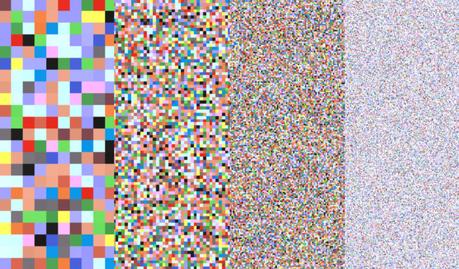
Think twice before you regard new scientific results as true, because they are often deeply biased and unreproducible, meaning the findings are simply wrong. Why?
For years, financial conflicts of interest have been properly identified as biasing research in improper ways. Other conflicts of interest exist though, and they are just as powerful - if not more so - in influencing the work of scientists across the country and around the globe. We are making progress in making science better, but we've still got a long way to go.
What are some of these other conflicts of interest? Flawed methodology, unfavorable incentives and, perhaps most of all, a strong temptation to publish "new and exciting results" at any cost:
The New York Times: Science Needs a Solution for the Temptation of Positive Results
